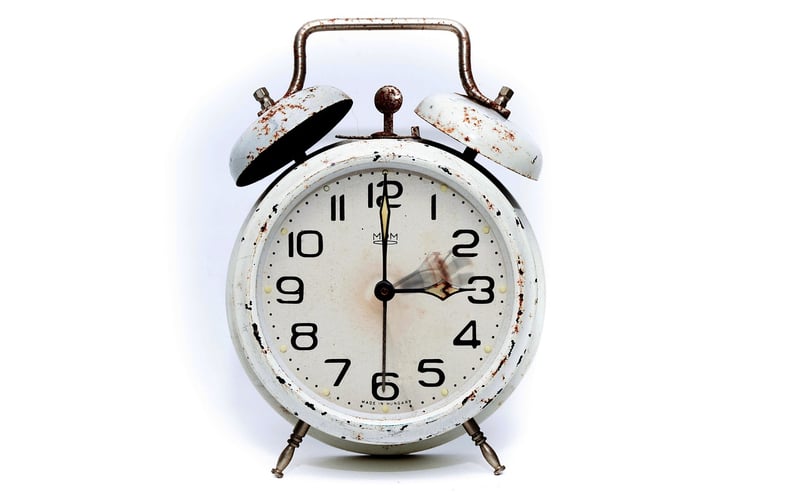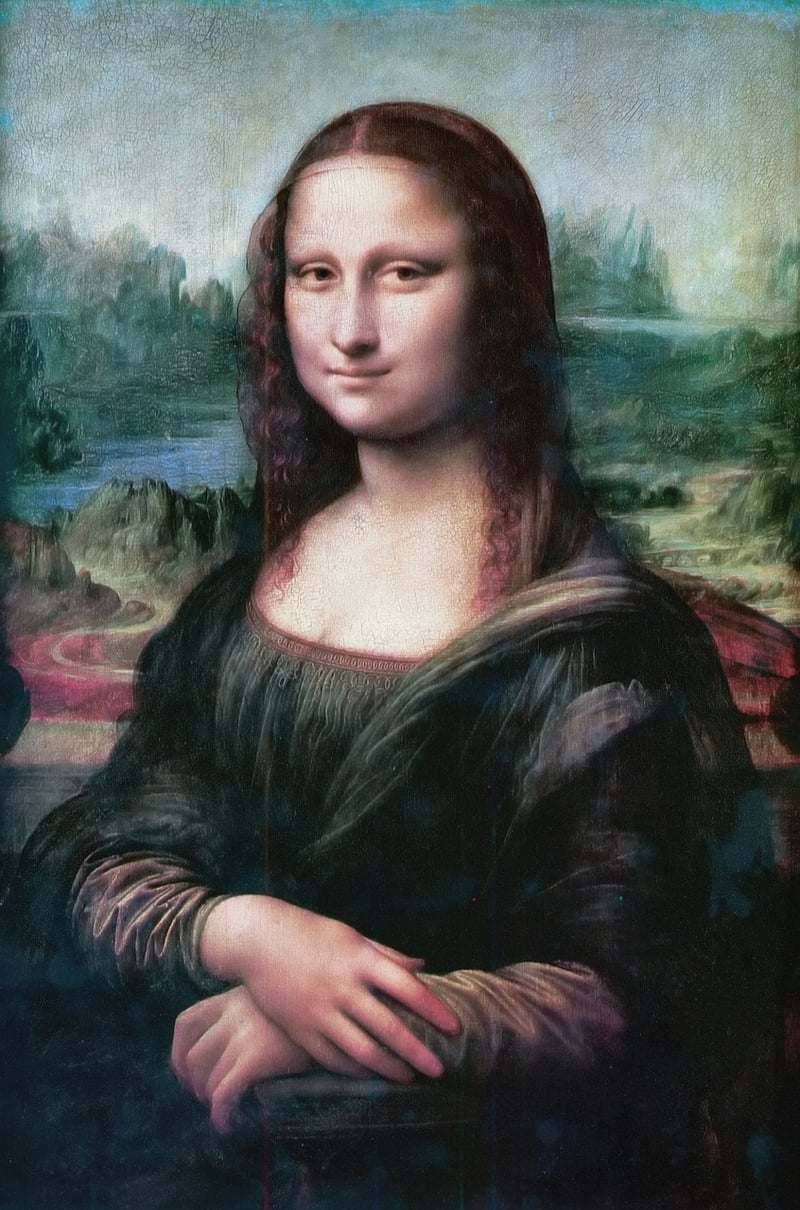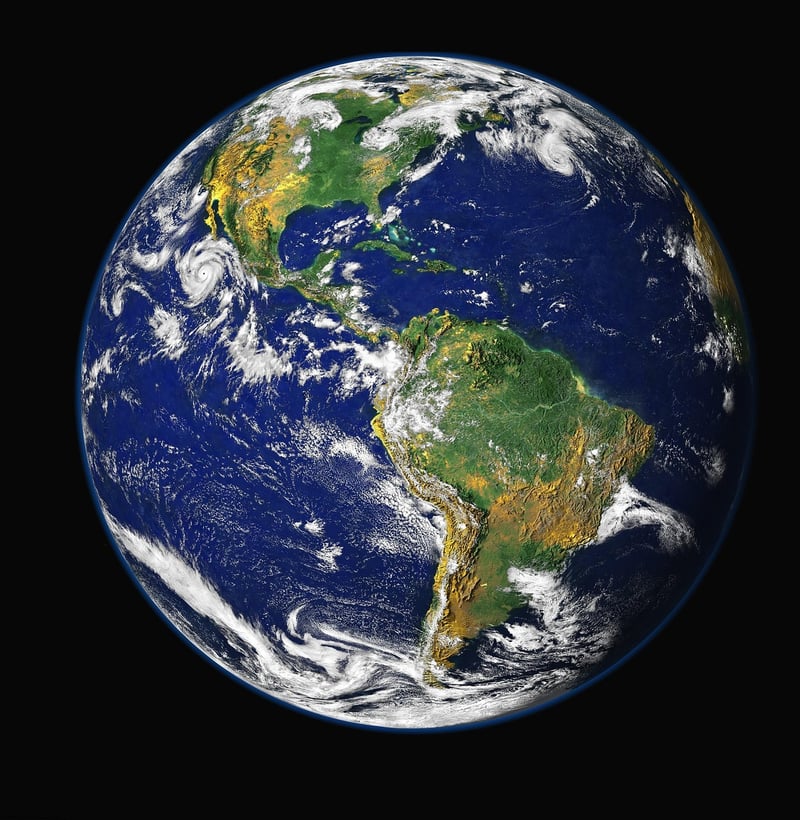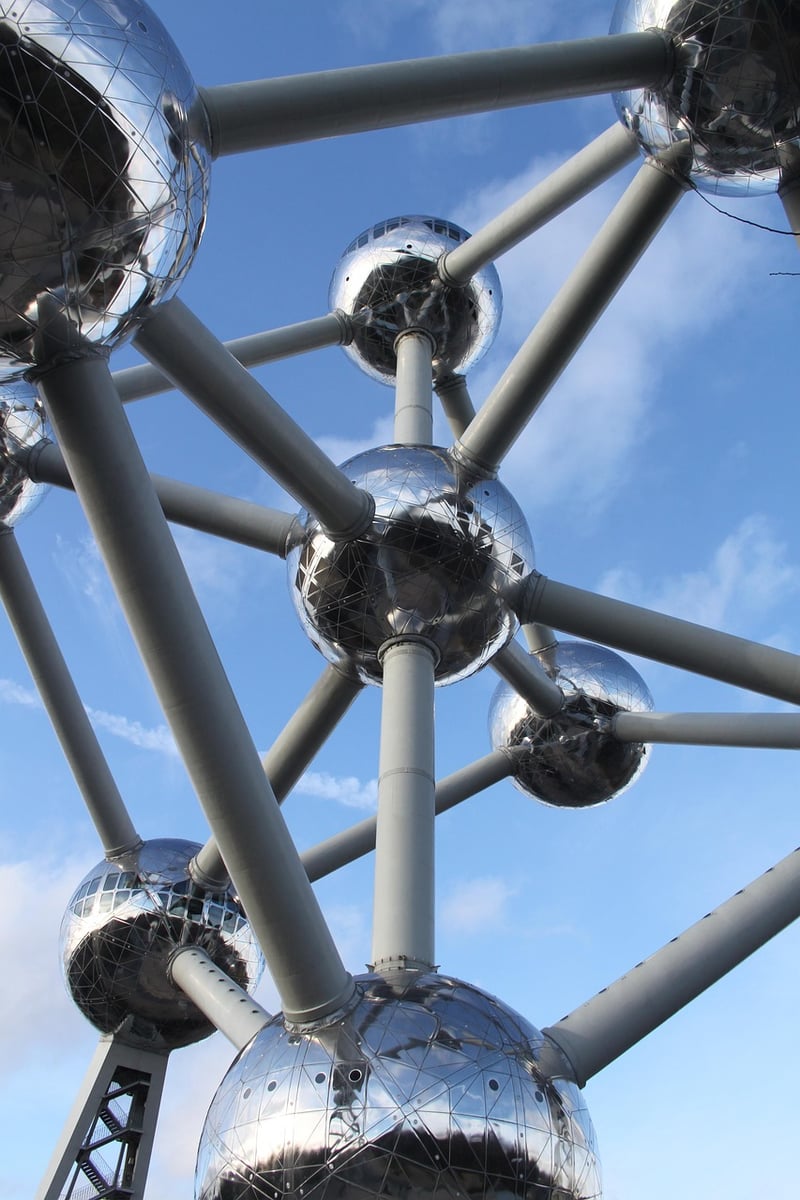Future Exploration
Exploring Different Time Periods and Future Exploration
Introduction
Throughout history, humans have been fascinated by the concept of time and have strived to explore different time periods to better understand our past, present, and future. Let's delve into how various civilizations and individuals have explored different time periods and discuss the possibilities of future exploration.
Ancient Civilizations
Ancient civilizations like the Egyptians, Greeks, and Romans were pioneers in studying time through astronomy, calendars, and historical records. They built magnificent structures like the pyramids, sundials, and aqueducts that stand as a testament to their understanding of time and technology.

The Middle Ages
The Middle Ages saw advancements in timekeeping with the invention of mechanical clocks and the development of elaborate astronomical clocks in European cities. Monasteries played a crucial role in preserving historical manuscripts and knowledge, allowing us to learn about the past.

The Renaissance
The Renaissance period marked a significant cultural and intellectual movement that led to the rediscovery of ancient texts and ideas. Visionaries like Leonardo da Vinci explored the concept of time through his artwork and inventions, pushing the boundaries of knowledge and creativity.

Modern Times
In the modern era, technological advancements have revolutionized how we perceive and measure time. From atomic clocks to space exploration, humans have made remarkable progress in understanding the universe and our place within it. The invention of the internet has also made historical information more accessible than ever before.

Future Exploration
As we look to the future, the possibilities of exploring different time periods are endless. With advancements in artificial intelligence, virtual reality, and quantum computing, we may one day be able to simulate historical events, travel back in time virtually, or even explore parallel dimensions.

Conclusion
Exploring different time periods allows us to learn from the past, appreciate the present, and envision the future. By studying how civilizations across history have understood time, we can gain insights into our own existence and the mysteries of the universe. The journey of exploration continues, shaping our understanding of time and space.
